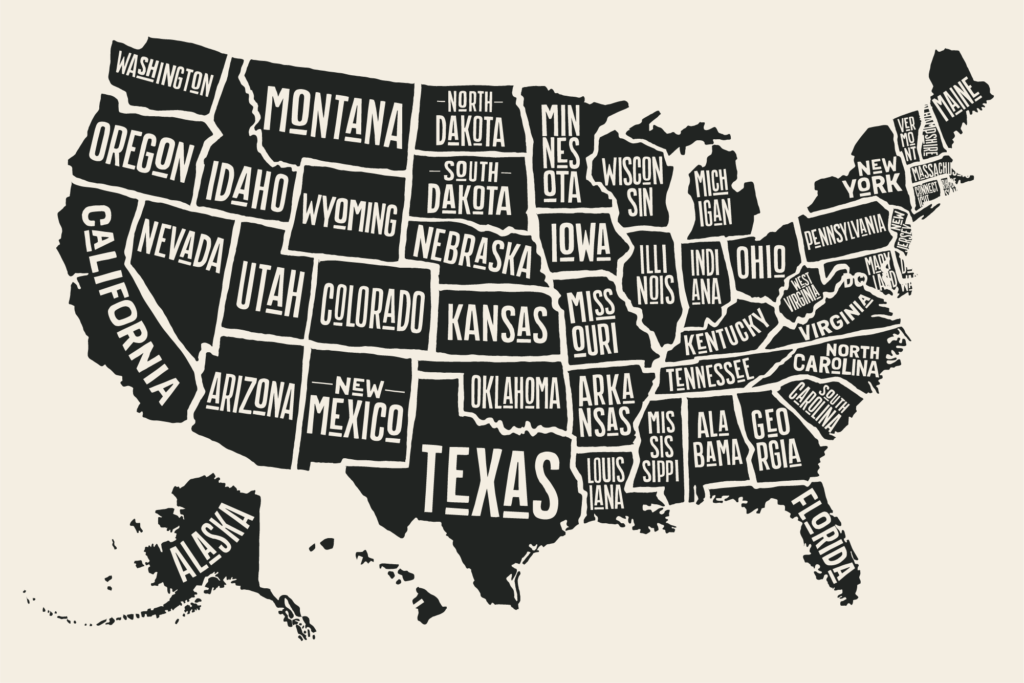
Welcome to pandemic politics in America with an impeachment, riots, COVID-19, Supreme Court confirmation, and an election—it hasn’t been pretty. The great thing about being governed by a rule of law, however, is that we can usually say, “we have a process for that.” Enter COVID-19 and we’ve had to scramble to reimagine what a free and fair election looks like.
America has rich religious, ethnic, racial, ideological, and linguistic diversity requiring us to cleave together our many disparate wills—cleaving requires compromise. This is challenging because we are an increasingly individualistic, power-calculating, and rights-aware culture that has exceptionally high expectations of our laws and markets. Democrats and Republican’s half-hearted adherence to liberalism is sowing seeds of doubt that the other is negotiating in good faith, minimizing harms, and responding proportionally. Further, when mutually valued resources are perceived to be scarce, indivisible, and unfairly accessible, pitched zero-sum political battles emerge. Americans are increasingly asking themselves if they should risk dividing the union they have to forge the union they desire.
How then should the church engage with American culture and politics: should it reflect popular cultural norms to attract the lost; bow loyally to the will of the state to curry political favor; erect a wall of separation to maintain purity; insist the state remain within its sphere of sovereignty; seek Christian interests through power politics; or be social justice warriors on behalf of the powerless? Our core democratic and capitalist values incentivize the church to seek comfort, prosperity, and power, but these should be of secondary importance to our Christian witness and can often be an obstacle to it. Indeed, we often envision using these resources in service of the Gospel but rarely employ them with sufficient expertise and integrity. The Apostle John (1 John 2:15-17) warns the church to love not the things of this world. We are to be stewards, rather than stockholders, of our national social contract, holding patriotism in subordination to our identity in Christ. When practicing domestic politics—which is categorically different from international politics—we are to consider the ramifications of our choices if the tables were turned and adhere to the rule of law unless it violates our Christian ethics, knowing that this may put us at a political disadvantage. We are called to daily surrender our individual wills to God, but by no means to our political opponents. The savvy Christian considers how to play the game of politics well and with love and integrity, counting the cost of the means they employ to obtain their desired ends and weighing the balance in favor of our Christian witness.
It hurts to lose battles in the culture war; losses that produce real harms for the church and our families. We should lament these losses over the value of life, religious discrimination, redefining marriage, identity politics, and immoral education. Even so, the church must retain its integrity and identity in Christ alone, which gives it the courage to live faithfully and at peace in times of turmoil and deprivation. And it is incredibly freeing that we are only called to obedience, rather than results. Reinhold, Paul, and Christ offer us encouragement for such a time as this. Reinhold Niebuhr’s Serenity Prayer (1932) prompts the church to confidently, thoughtfully, and selflessly engage in culture-making while accepting defeat graciously when it invariably comes. The Apostle Paul reminds us (Phil. 4:6-7) to never be anxious because we have full access to God through Christ. Finally, Christ (Matt. 5:43) commands us to love our enemies and pray for those who cause us harm. Let’s live out these encouragements in the coming days.
Dr. Tony Caito
Associate Professor of Political Science (& Pre-Law Advisor)
Director, Leadership & Political Engagement Program